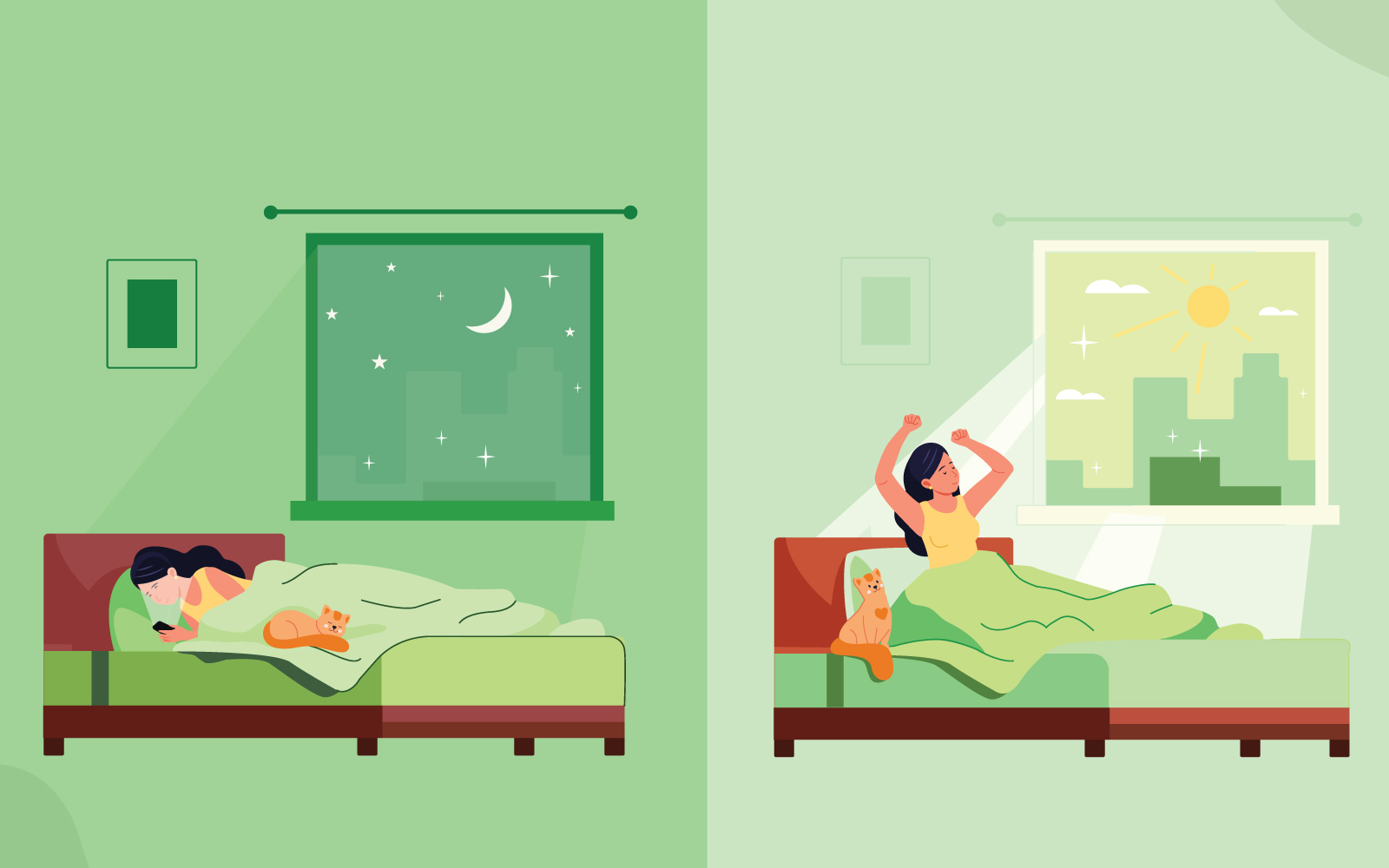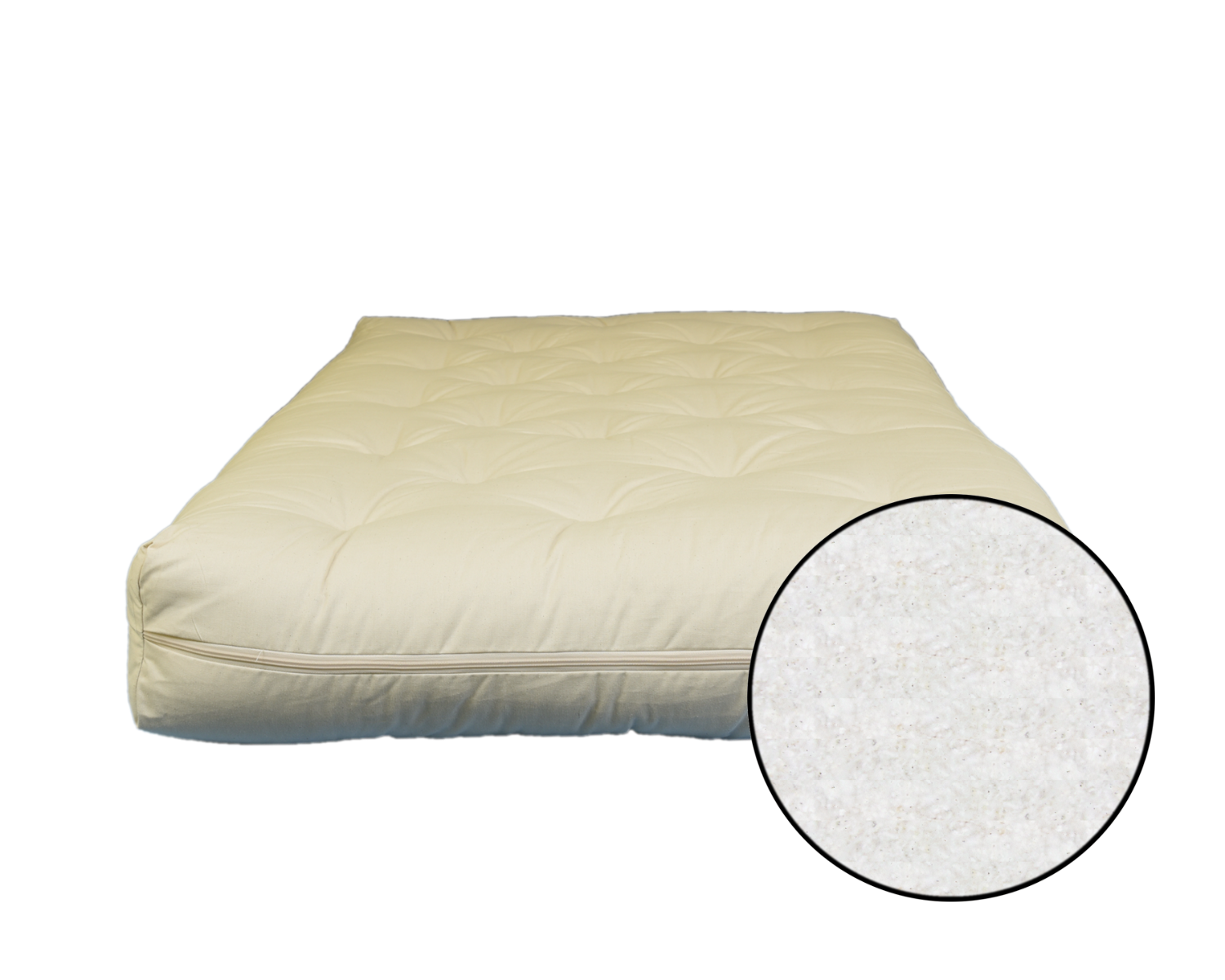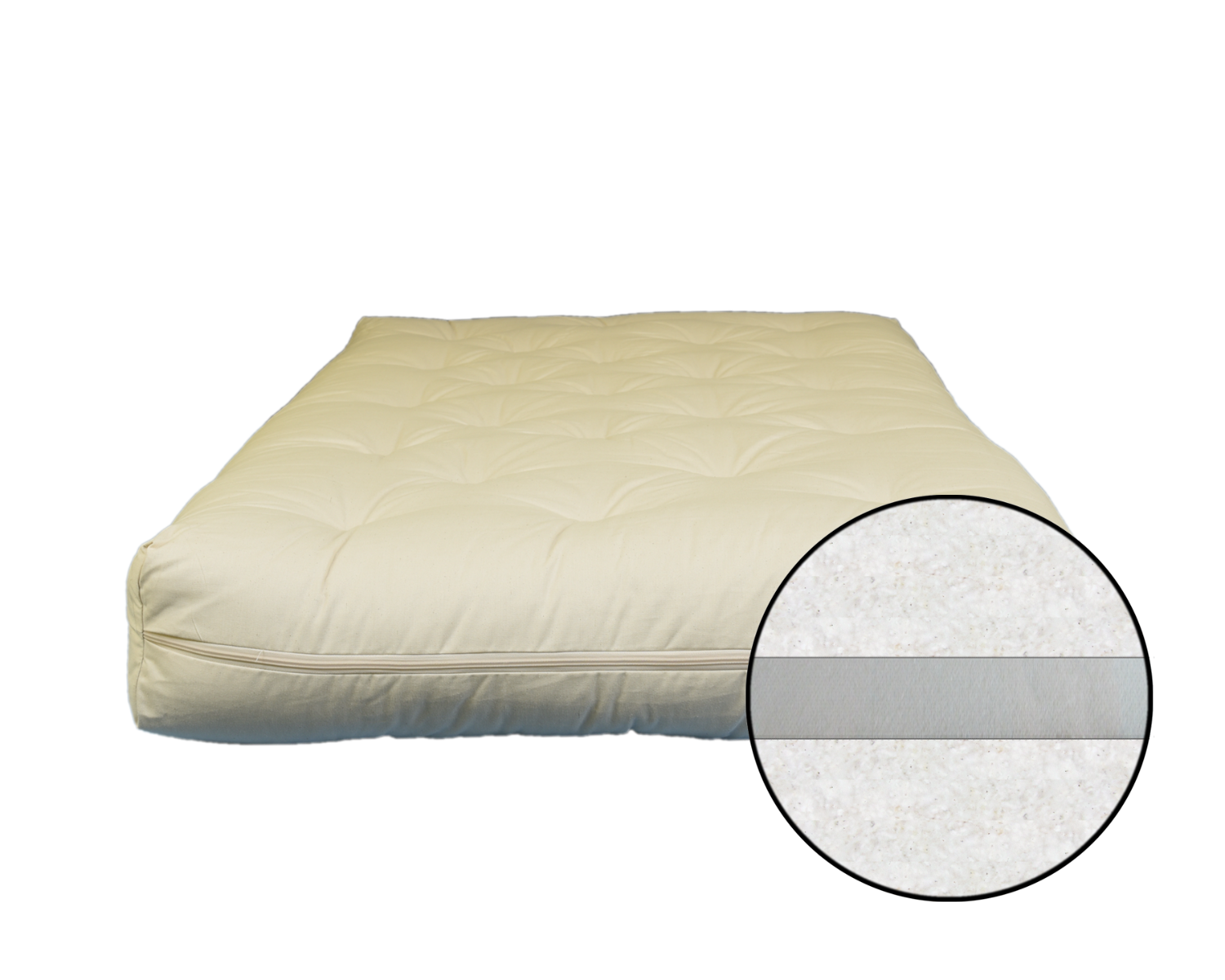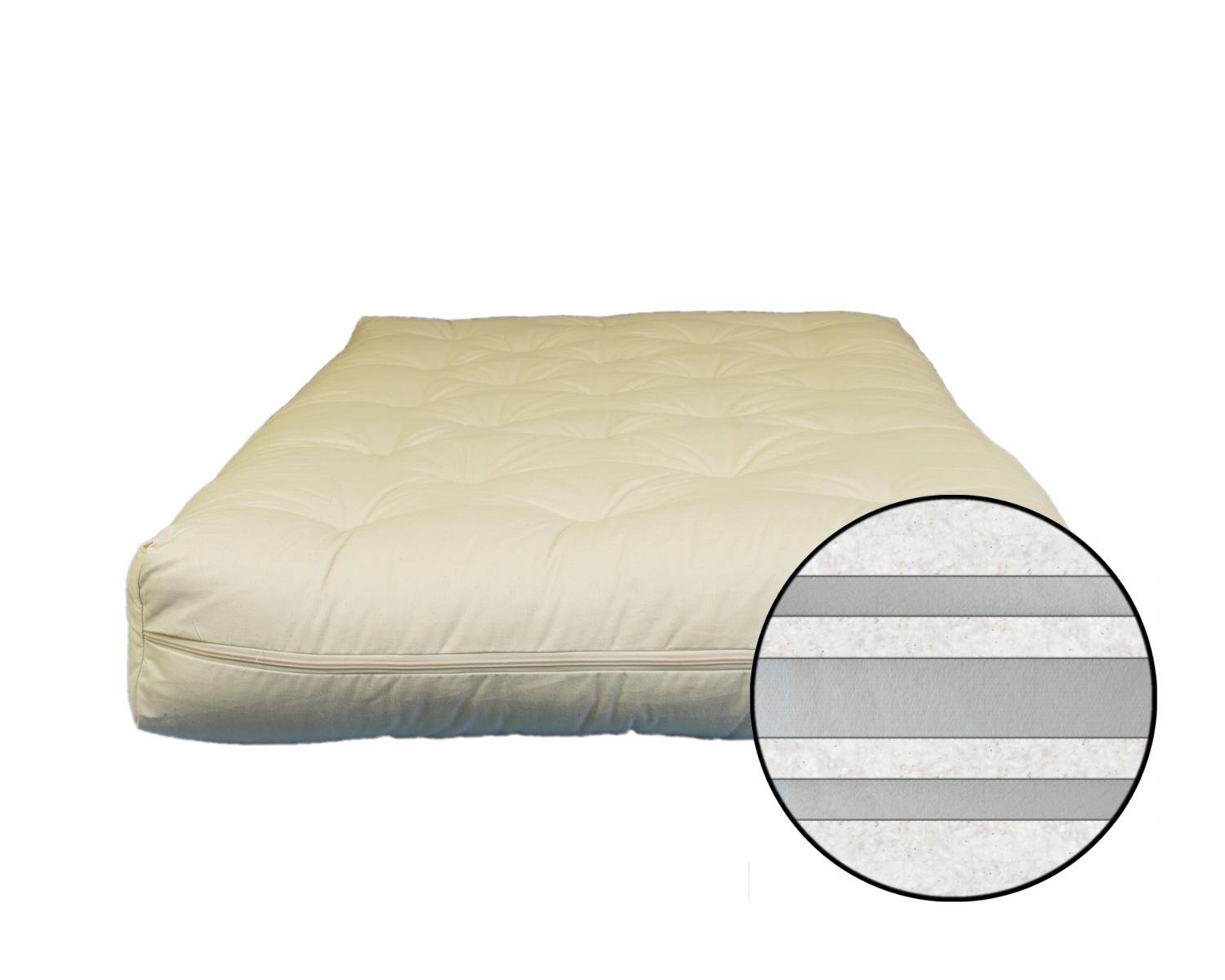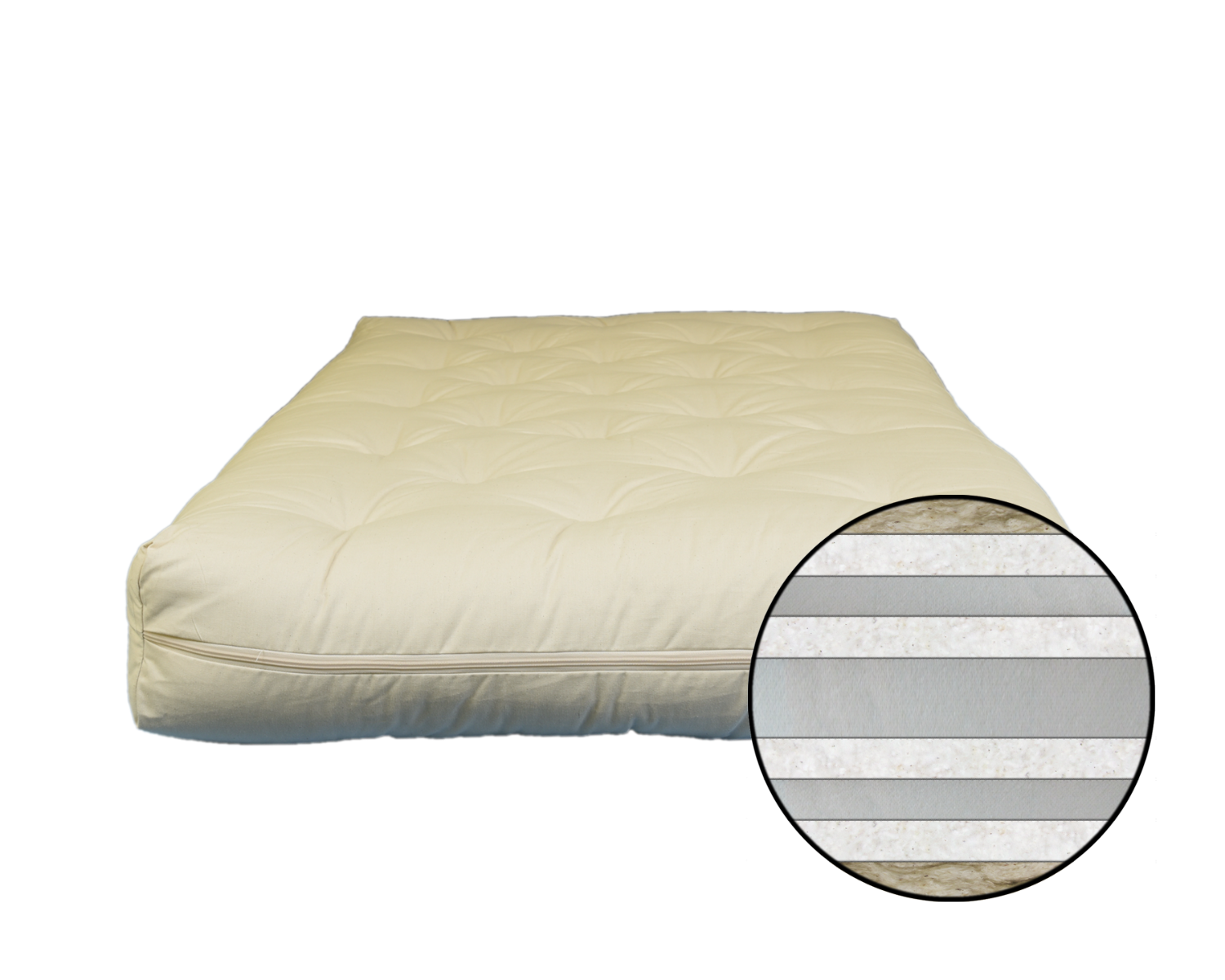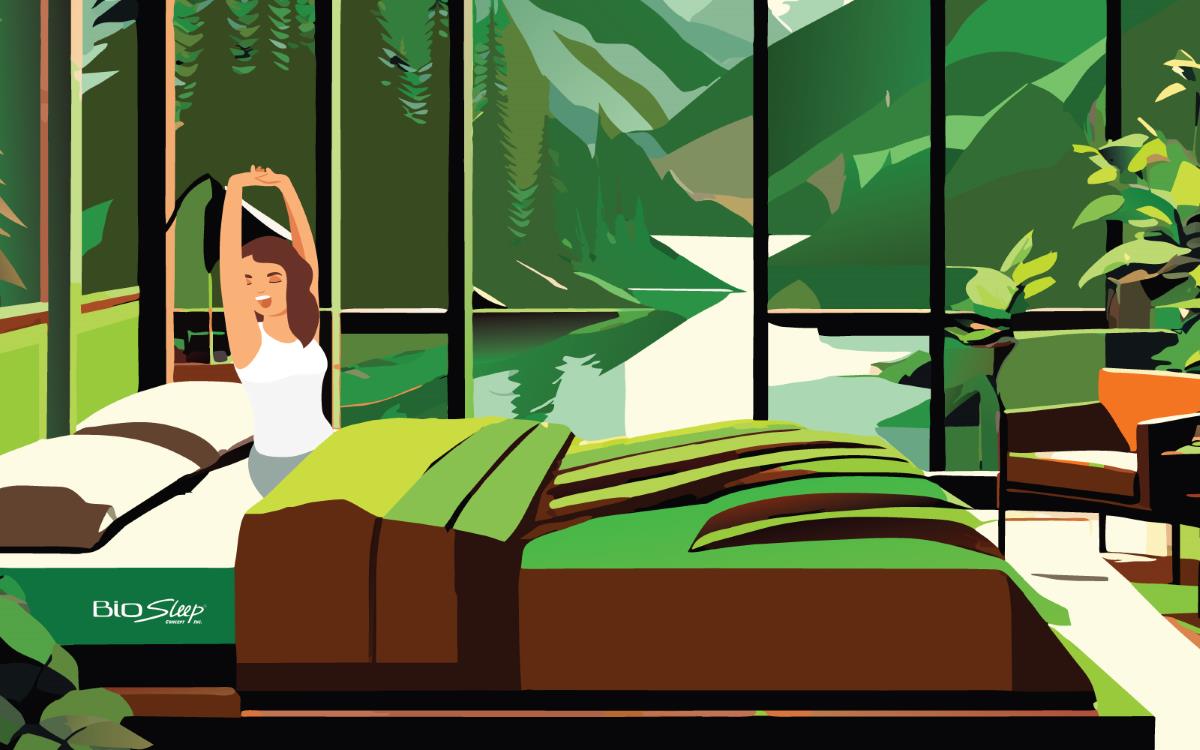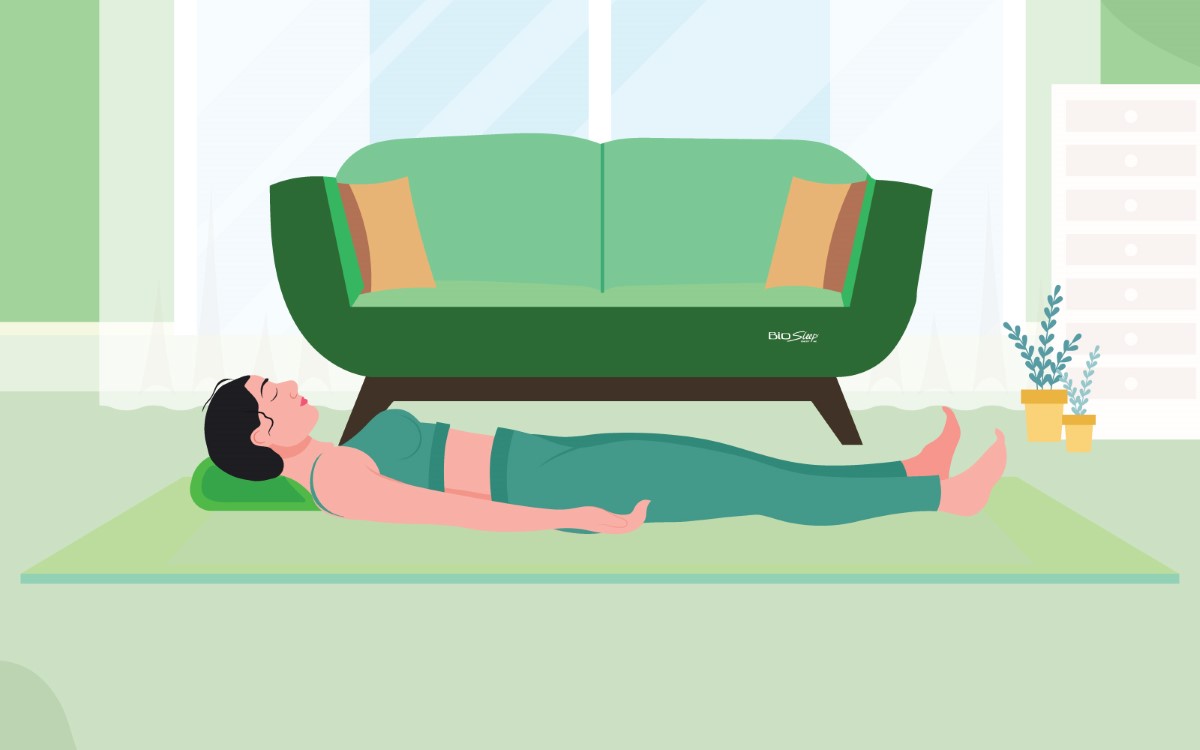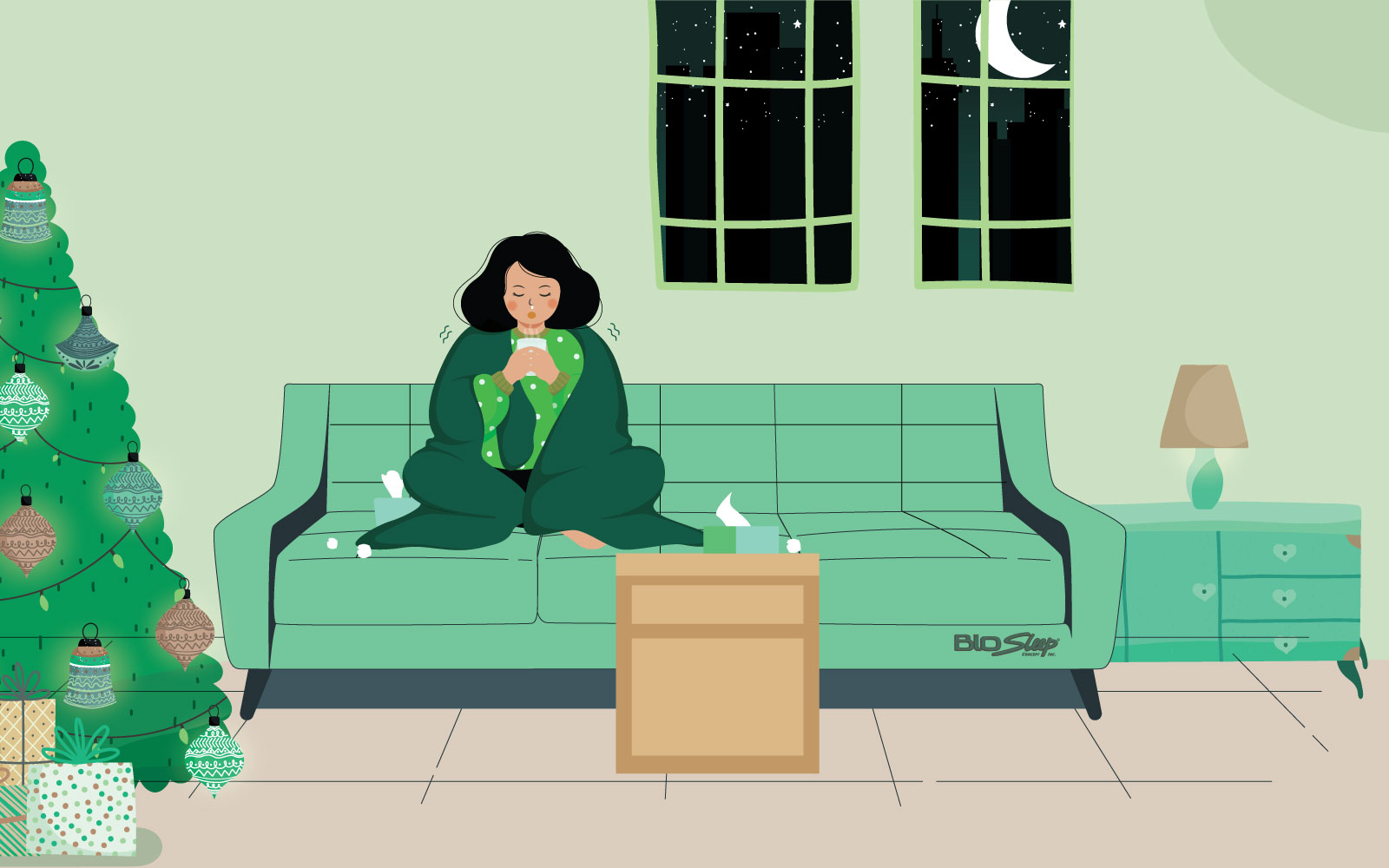In earlier times, sunlight was the biggest source of exposure to light for human beings. Even when devices like computers were introduced later, people would be mindful of the time spent sitting in front of these devices.
But the scenario started shifting as compact smartphones reached the hands of people around.
While mobiles are beneficial in today’s time, few realize that the blue light they emit is messing with our body’s natural biological clock. Also known as the circadian rhythm, the biological clock regulates many physiological processes, including the sleep-wake cycles.
So, if you often find yourself tossing and turning in the dark with smartphones in hand, the chances are high that your circadian rhythm is disrupted, affecting your sleep cycles, nocturnal patterns, and sleep quality.
According to science, extreme exposure to blue light emitting from devices interferes with the body’s melatonin production, a hormone responsible for inducing sleep.
Understanding the scientific connection between light and sleep is crucial if you’re trying to improve your sleep quality and patterns. It can help you become aware of how your activities and light exposure influence your sleep, so you can take appropriate improvement measures.
This article guides you through all the necessary details needed to make you more mindful and aware, helping you take the next cautionary steps. So, read along.
How is Light Connected To Your Body and Sleep?
Just as darkness triggers the body’s sleep-inducing hormone melatonin, exposure to light stimulates serotonin, which is responsible for the body to feel awake. The balance between the two in a 24-hour cycle is known as the sleep-wake cycle. Below, we list how light can affect your body and sleep.
-
Light Exposure in the Morning
Our body takes cues from the external environment to regulate the circadian rhythm. So, when we expose ourselves to morning sunlight, it signals the biological clock that it is time to stay awake and alert.
Taking a short morning walk in the park or even soaking yourself in sunlight for a few minutes after waking up stimulates serotonin production, a neurotransmitter responsible for wakefulness and mood enhancement.
These activities also suppress melatonin production during the daytime, so your body’s internal biological clock perfectly aligns with the external environment.
Adequate exposure to morning light will not only enhance alertness and elevate mood but also set the stage for a healthy sleep-wake cycle.
The natural synchronization will promote a more productive, energized, and focused day and contribute to sleep quality at the subsequent night.
-
Melatonin Production
No matter where you live, what routine you follow, or what activities you perform throughout the day, you will be exposed to different light mediums of varying intensities.
Since most people today remain glued to their device screens, they are more exposed to the blue light emanating from the respective device screens.
This blue light is prevalent in sunlight, so the more you use it as the day nears an end, the more it will affect melatonin production, making it harder to sleep naturally.
If you get more into the scientific aspects of the light-sleep connection, you’ll find that blue light suppresses melatonin more than any other wavelengths, disrupting the body’s readiness for sleep.
This artificial light mimics daylight and sends signals indicating the need to stay awake to your circadian rhythm. As a result, individuals exposed the most to this artificial blue light experience difficulty falling asleep.
Once you understand this light-sleep connection, you’ll begin minimizing your blue light exposure, which will eventually help you experience restorative sleep with ease.
-
Evening Exposure to Light
One of the biggest disruptors of natural, healthy, and rejuvenating sleep is exposure to light during the evening.
With the gradual progress of the day into the evening phase, the natural decrease in ambient light cues the body to initiate melatonin production so you can gently fall asleep at night.
Natural melatonin production is necessary for the body because it signals the internal biological clock that it’s time to wind down for sleep. But if you continue exposing yourself to artificial light during this period, the blue light from electronic devices can interfere with your body’s melatonin production process.
Our brains often cannot distinguish between the artificial blue light emitted from electronic devices and natural daylight. It interprets every light as daylight. This makes falling asleep a big challenge for many people.
So, if you want to improve your sleep patterns and quality, begin by minimizing your light exposure as the day approaches its end.
-
Importance of Darkness at Night
If you have insomnia or other sleep disorders, you must make small yet effective changes, like creating a peaceful and dark environment to facilitate deep sleep.
Darkness is vital for maintaining a healthy sleep-wake cycle because it promotes natural melatonin production so people can smoothly drift into restorative sleep.
People experiencing troubled sleeping must create a dark environment, blocking artificial light sources near their sleeping area. This simple step can significantly improve your sleep cycles by regulating your circadian rhythm.
People with sleep disorders may not experience sudden improvements, but following this tip for an extended period can show visible results.
Improve Your Sleep by Uncovering the Light-Sleep Connection
Everyone has a sound internal biological clock that regulates several physiological processes over a 24-hour cycle, including the sleep-wake cycle.
This clock takes cues from the external environment to regulate sleep cycles, leading to a more natural and healthy sleep pattern. But when it gets disrupted by excessive light exposure, you can expect to experience disturbed and uneven sleep cycles.
If you want to improve your sleep quality, minimize artificial light exposure, follow a consistent sleep routine, and use your device’s night mode settings. However, if you have chronic sleep disorders, visiting a certified medical practitioner is recommended.

